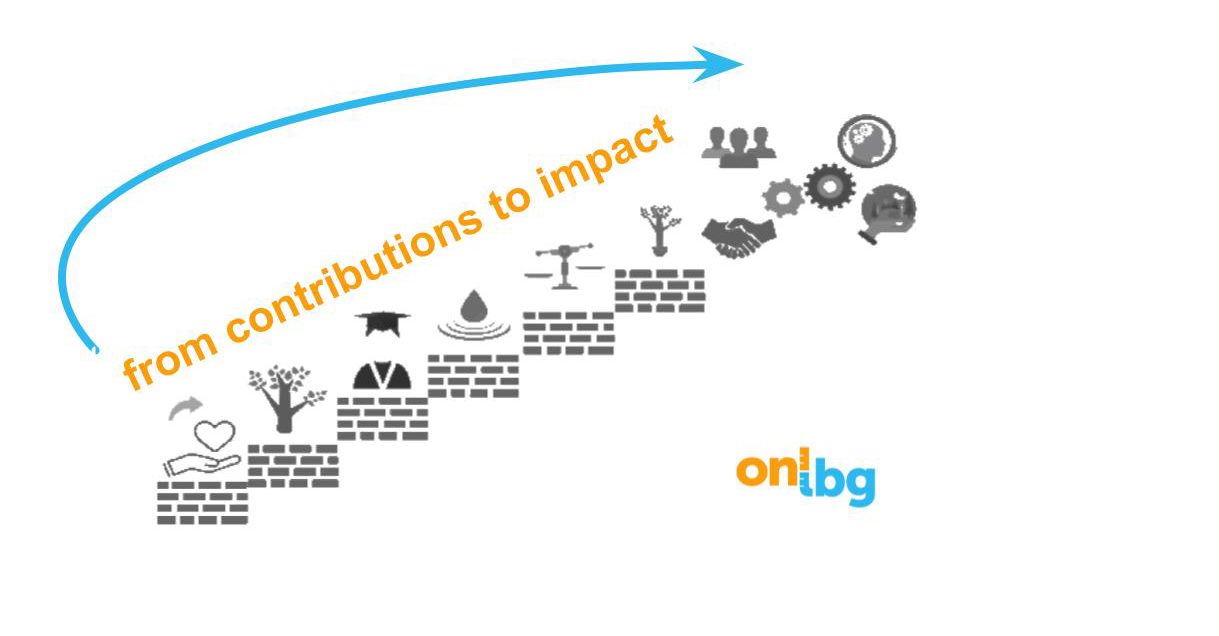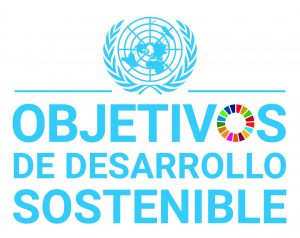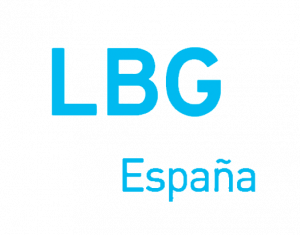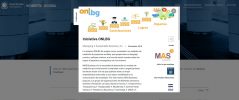ONLBG Methodological Framework
The ONLBG methodological framework helps third sector organisations, companies and foundations to classify, measure, communicate and share information on their social initiatives.
It is a public standard for the management, impact measurement and communication of social activities, carried out by organisations, companies or other entities, thus enhancing understanding and transparency.
With its simple indicators, ONLBG provides a common language and enables the reliable measurement and communication of any social initiative, aggregating data on contributions and results.
The ONLBG framework captures and classifies data on the contributions invested and the results obtained, providing qualitative and quantitative indicators, under common criteria, which make objective comparison possible between different projects.
The framework starts from a common classification of social initiatives and their contributions to a capturing of results:
- Outputs: What happens as a result of the initiative? Captures data on what occurs in the short term, e.g. direct beneficiaries, beneficiary organisations, etc.
- Impacts: What changes as a result of the initiative? Captures data on what occurs over a longer period of time, e.g. impact on direct beneficiaries, beneficiary organisations, volunteering etc.
Find out which entities are already using the ONLBG framework

ONLBG Framework Acknowledgements
Advantages of the ONLBG framework
Other frameworks included in the ONLBG framework

Sustainable Development Goals
The Sustainable Development Goals (SDGs) were adopted by all UN Member States in 2015 as a universal call to action to end poverty, protect the planet and ensure that all people enjoy peace and prosperity by 2030. The 17 SDGs are integrated, i.e. they recognise that action in one area will affect outputs in others, and that development must balance social, economic and environmental sustainability. In this sense, alignment with these goals will certainly provide a deeper understanding of the social impact generated, and will also help to define the sustainability strategy.
London Benchmarking Group – Spain
Initially, LBG was a framework that emerged in the United Kingdom in 1994, with the aim of reaching a consensus on criteria for the collection of data related to business contributions to the community.
In this sense, the LBG framework helps companies in the management, measurement and communication of their social actions, favouring homogeneity in the collection of data on their contributions, outputs and impacts.
In addition, the LBG framework is recognised by the DJSI and its annual benchmarking provides value and credibility to the data on social activities carried out by companies and their employees.
In 2007, the LBG Spanish Group was formed by 9 companies (Abertis, Agbar, Barclays, BBVA, Ferrovial, Gas Natural, Iberdrola, Repsol and Telefónica), under the supervision og MAS Business. Since 2007, more than 25 large companies in Spain have used the model to measure their social activities. At the same time, and thanks to the model, they have carried out an annual benchmarking with the results of their projects, in order to offer confidence to their stakeholders.




